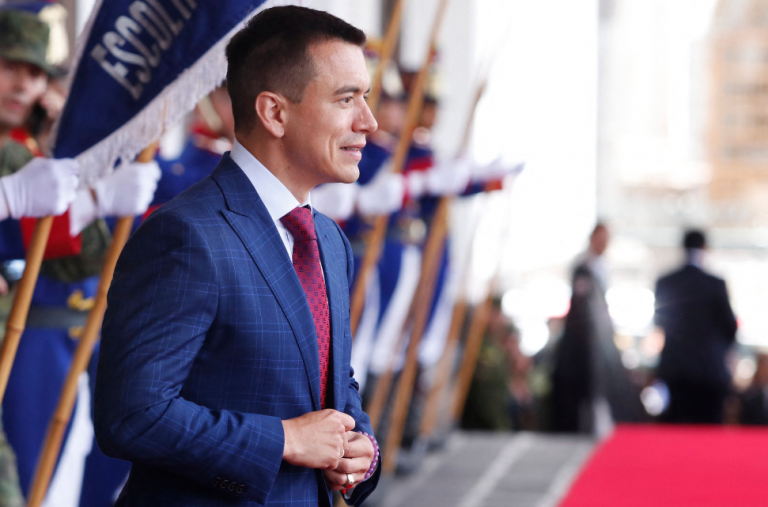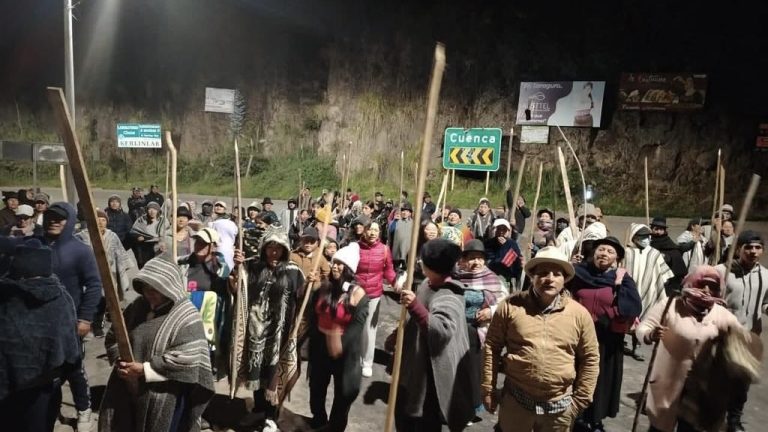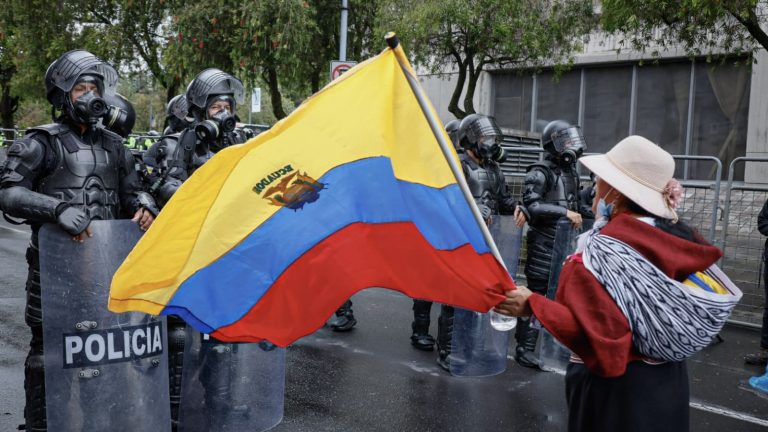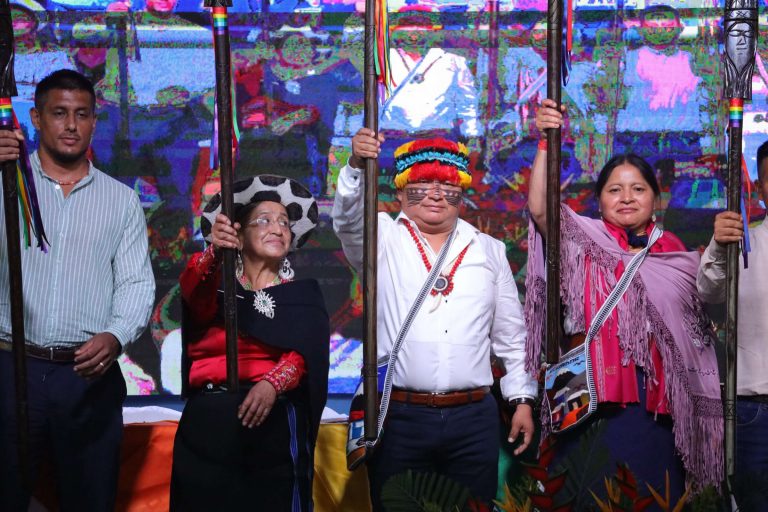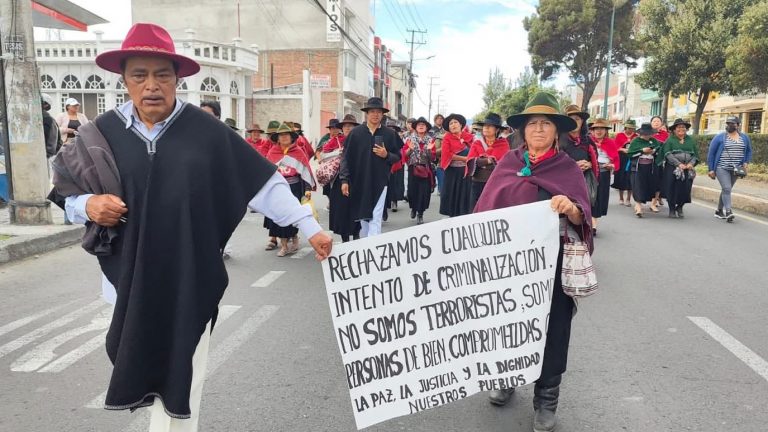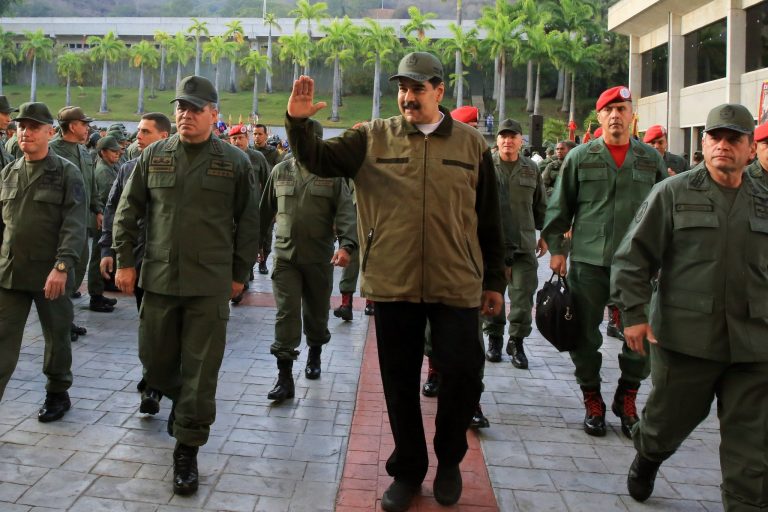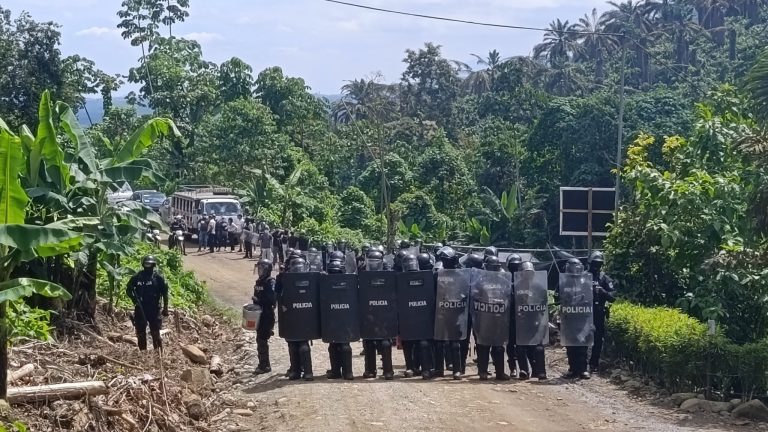Ecuador: Clear Response From The People To The Fascist Noboa
The results of the popular consultation and referendum in Ecuador, held this Sunday, gave a clear advantage to the “No” option on the four key questions promoted by the government of US backed President Daniel Noboa, in a day characterized by high citizen participation. The initiatives promoted by President Noboa, supposedly focused on “protecting national sovereignty”.
According to data from the National Electoral Council (CNE), with more than 90% of the votes counted, the “No” vote exceeds 52% of the votes. This rejection is concentrated on the proposals to allow the installation of foreign military bases, eliminate state funding for political parties, reduce the number of assembly members, and convene a Constituent Assembly.


